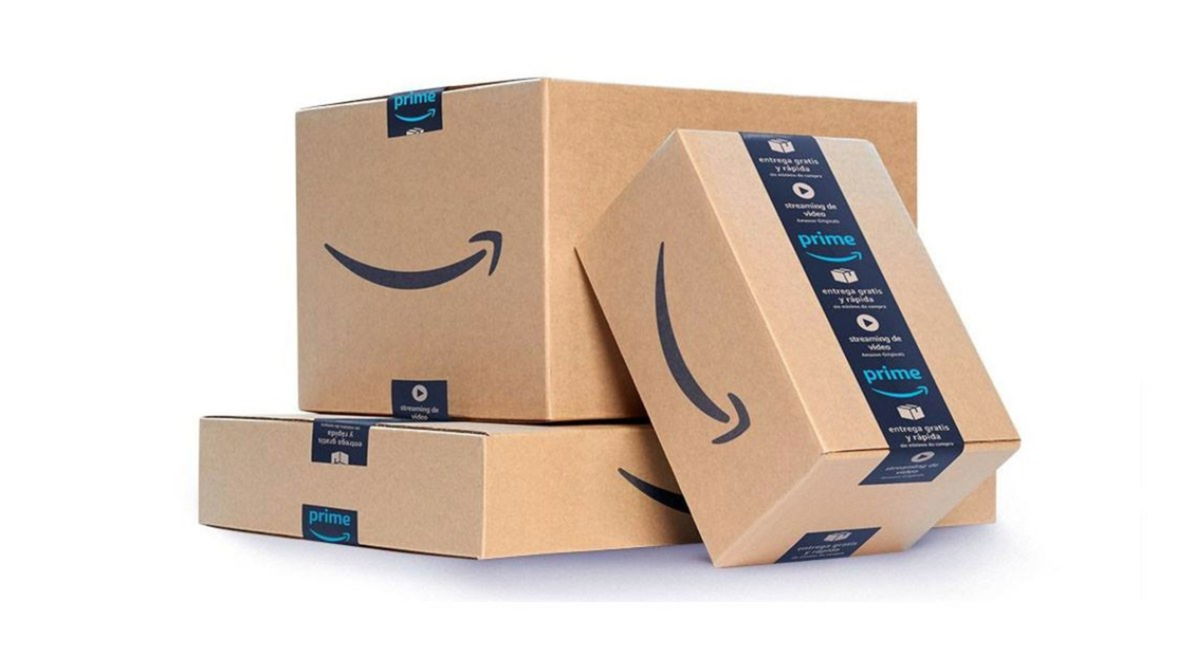A promising anti-dengue pill has proven effective in a group of patients. The drug was developed by the Johnson & Johnson laboratory. “This is the first drug to demonstrate antiviral activity against dengue fever.” said Marnix Van Lok, head of emerging pathogen research at the company.
A total of 10 volunteers were given a high dose of the tablet five days before they were infected with dengue fever. They continued taking the pills for another 21 days. In the end, six out of 10 did not have dengue virus in their blood. Even 85 days after contact with the pathogen.
The drug is “safe and well tolerated.”– the pharmaceutical company emphasized in a statement. The findings were announced at the annual meeting of the American Society of Tropical Medicine and Hygiene in Chicago, Illinois, last week.
The tablet blocks the action of two viral proteins, preventing the virus from copying itself. These tests, developed at the Johns Hopkins Bloomberg School of Public Health, are part of a larger study that is in its second phase and which It is held at more than 30 sites in 10 countries. These include the Philippines, Thailand, Peru, Brazil and Colombia.
Tablet as a cure for dengue
Dengue is transmitted through the bite of an infected mosquito. Its symptoms can range from a mild fever to a disabling fever. The disease is usually accompanied by severe headache, pain behind the eyes, pain in muscles and joints. Therefore it is also known as “bone-crushing fever.”
The disease can be very serious. In worst cases, it can cause shock, respiratory failure, or serious organ damage. To date, there are no specific treatments for dengue fever. World Health Organization (WHO) An estimated 500 million people today live in North America, Central America and South America. They risk contracting dengue from the bite of the Aedes Aegypti mosquito.
The first tests “give hope that science can combat this threat as it affects more and more communities around the world,” Van Locke said. “Dengue requires global action, and we are proud to work with partners around the world to advance the development of this compound to the next stage.”
These tests are aimed at preventive treatment. However, the results suggest that it may also work as a treatment for those patients who are already infected. Johnson & Johnson said it plans to conduct other studies in this regard.

Climate change increases risk
WHO warns that warmer temperatures are creating conditions conducive to the spread of mosquitoes that carry dengue. In turn, by 2080, another billion people worldwide are expected to be affected by dengue.
One challenge will be ensuring access to the new drug if it works on a larger scale in many low- and middle-income countries. Those places where it is needed most. “We’re working on it,” Van Locke said, although he said it’s too early.
Apart from this pill for dengue fever, WHO has already approved a vaccine for the disease. In early October, the organization recommended injectable administration of the drug for the first time. TAK-003 produced by the Japanese pharmaceutical company Takeda.. It will begin rolling out in countries like Brazil and Argentina in the coming months. The European Medicines Agency (EMA) has already recommended its approval in 2022.
Source: Hiper Textual













